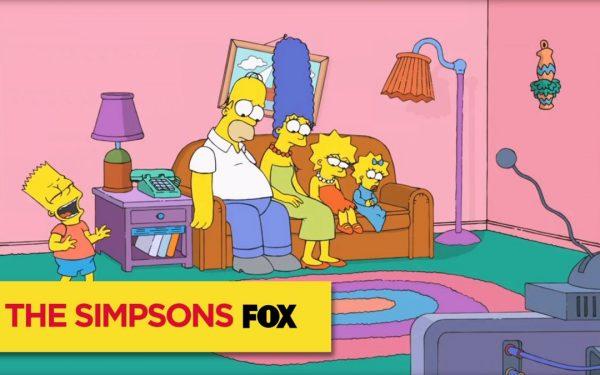


No television show in history has reached The Simpsons’ phenomenal highs and lows over the last 35 years. At its peak, The Simpsons was a phenomenon that stretched beyond the medium of TV shows; the family became a symbol of American culture in the 1990s. Successful international merchandising, video games, and a movie that was a monumental box-office smash all helped to solidify it as one of US TV’s defining shows.
Pinpointing the decline of any TV show or brand can be difficult; there’s subjectivity to it, especially for comedy, so it can be difficult to compute when a show has hit its peak and when it’s starting to show signs of fading.
There’s now a universal opinion that The Simpsons has never hit the peak it did from around Season 3 to Season 10. You could move the goalposts either way, but most fans and critics agree that this was the high point of the iconic cartoon. This was the show’s height; TV ratings, critical acclaim, and successful video games it generated, such as Simpsons Hit & Run, were all testaments to the brand’s colossal growth.
While video games were a great money-spinner in the ’90s, they’ve taken on a whole new form of success over the last decade. Simpsons Hit & Run is a great game, a PS2 classic. It’s a title that gamers and fans of The Simpsons people look back at with palpable nostalgia.
Video gaming has evolved to the point where people are asking themselves should video games be considered a sport or professional competition and whether they deserve a place at the Olympics. On the other hand, the Simpsons started to fade from pop culture relevance around the time the Hit & Run video game was released, but what are some of the leading factors that caused this?
The Simpsons dominated the market for cartoon sitcoms in the early 1990s. However, as with many phenomena, TV executives and writers will try to tap into the cultural appetite of their time. This led to the rise of other cartoons looking to eat into The Simpsons’ market share, such as South Park and Family Guy, with Seth McFarlane once humbly claiming his show outdid The Simpsons.
Streaming sites like Netflix began to appeal to larger sections of TV audiences toward the latter stages of the 2000s, and sites like YouTube became a DIY way to find entertainment specific to your market; no matter how niche, they expanded the definition of entertainment.
The fact that it’s still held in such high esteem and has such a keen fandom is a testament to the quality of the early episodes. Some more baffling jokes are so layered that they take on a new meaning of humor over time, ranging from double-entendres to the downright daft.
TV ratings and critical ratings moved in correlation and a negative direction from Season 8 onwards. Audiences commented on several elements and problems that became systemic in the show and have been integral in its decline in quality. As the show reached the turning point of the 21st century, it moved away from nuanced satire and into the increasingly ridiculous, dismantling characters and their characteristics, built over several series.
It had afforded itself some time, purely based on setting the bar so high in its first eight seasons, but as more of the core writers who had turned the show into a global phenomenon also began to move onto other projects in film and TV, inexperienced writers, who didn’t have the same magical chemistry as some of the show’s early writers. South Park has remained more relevant over the same period; it keeps the core of its original seasons and the writers moving in the same direction.
For instance, Conan O’Brien spent two years writing for The Simpsons, but by the early 2010s, he was guest starring in Family Guy, which many believed to be a direct competitor to the long-running FOX sitcom. It’s just one example of how the show started to lose its star appeal effortlessly displayed in the early to mid-1990s.
There are many components to The Simpsons’ decline, but the primary reasons behind it are the mass exodus of their key writers by season 8 and the fact that the show became too big for its own good.
It went from a quirky, layered show that packed a punch and could perfectly satirize films and TV shows of its day to becoming the biggest show in the world. Having made its name from satirizing more popular shows, it was at the top of the pile. It couldn’t satirize more popular shows because none were above it.
Fuse this with a changing world where writers were being paid less, TV audiences were dwindling and society was moving away from some dated parodies of characters like Apu Nahasapeemapetilon. It becomes clear why The Simpsons lost that magic it created and became a tepid, lifeless version of itself.
The post Why Has The Simpsons Declined So Much Since The Early 2000s? appeared first on Anime Superhero News.